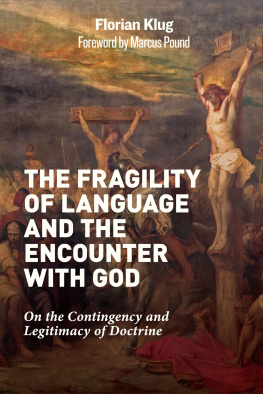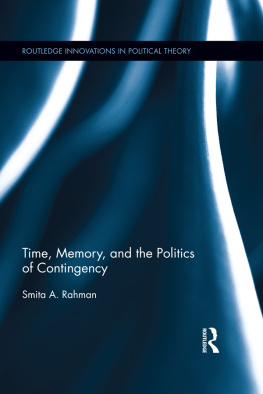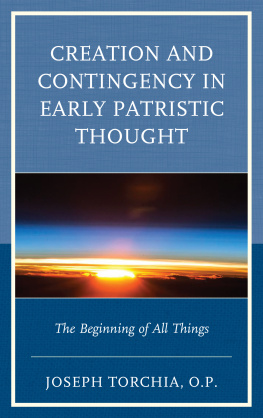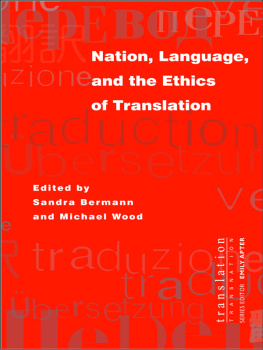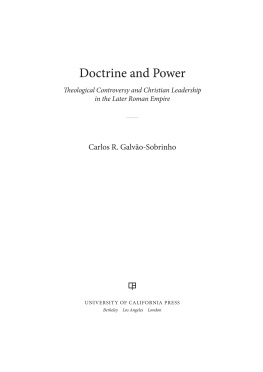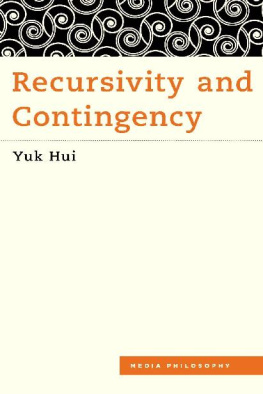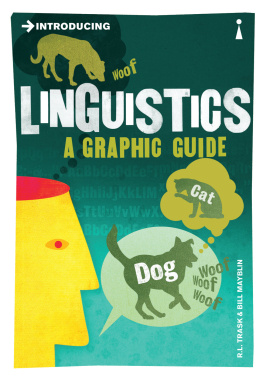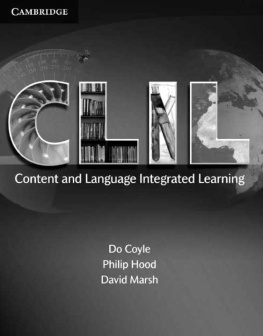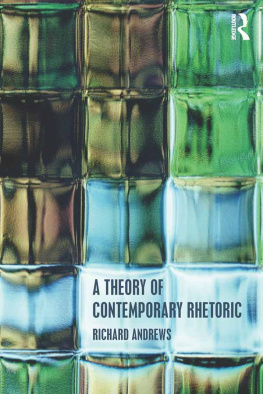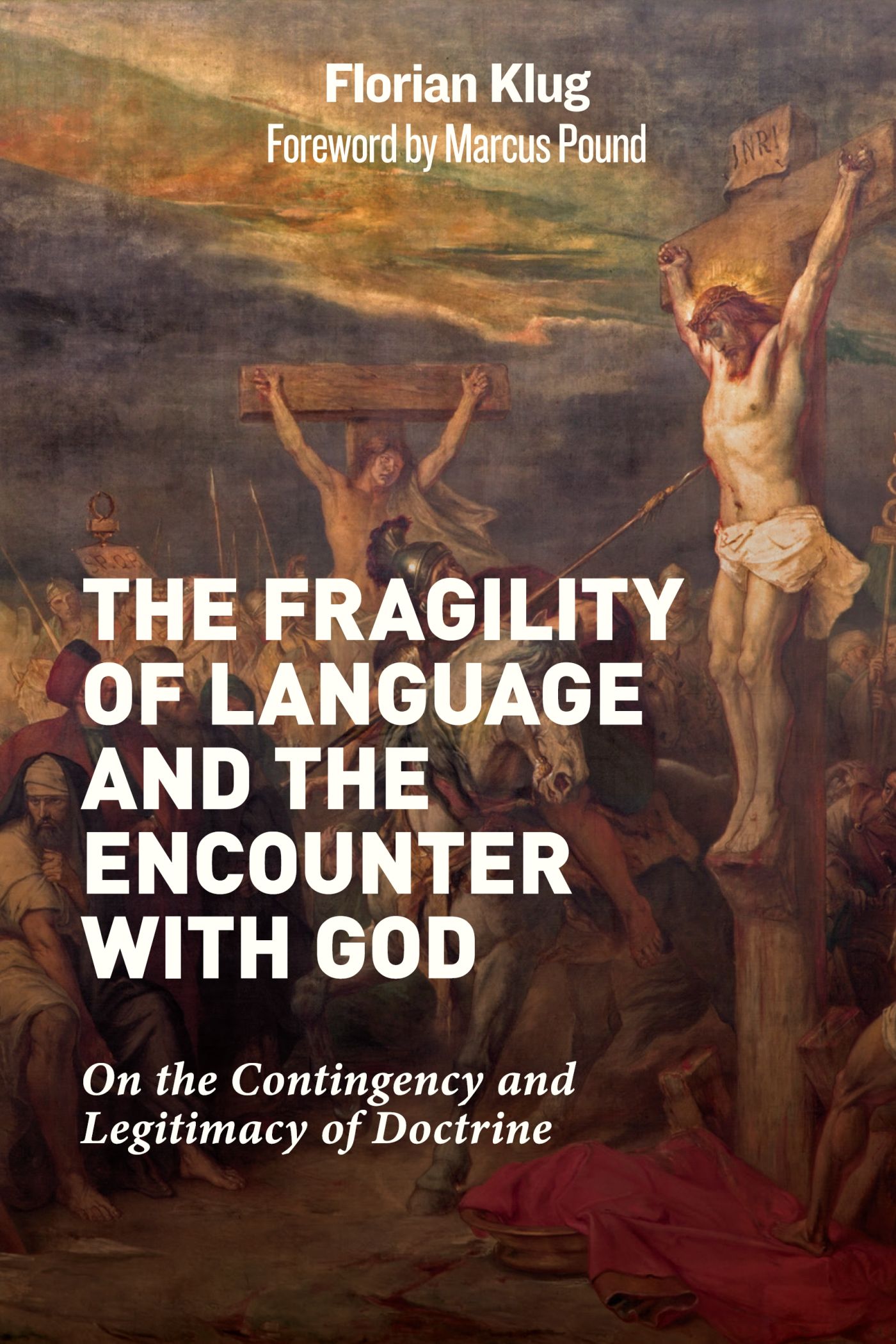
Praise for The Fragility of Language and the Encounter with God
In this meditation on the relationship between God and human language, Florian Klug addresses the fundamental question of theology: What does it mean for human beings to speak of God? Weaving together biblical testimony and Lacanian psychoanalysis, continental thought and conciliar documents, this book charts a promising course for Catholic theology by reimagining authority, not as an assertion of sovereign domination, but as an encounter and an opening to freedom.
Adam Kotsko, author of Neoliberalisms Demons
This is a deeply innovative and intelligent book. Klug works dynamically in the borderlands between theology, continental philosophy, and psychoanalytic thought, demonstrating the value of numerous figures in the latter two traditions for pursing major questions about the nature of Christian faith, truth, and divine revelation. Klug is particularly interested in the question of humanitys authority over God: the possibility of naming and speaking about the divine. Having defined humans as hermeneutical beings, their worlds limited by their language, Klug engages Jacques Lacan and Slavoj iek to develop an account of encounter with God as radical intrusion or imposition from the outside. The outcome of this study is a stimulating interpretation of doctrine in the Catholic tradition as proclamations of hope and anticipationattempts to live in the gulf between human historicity and the intrusion of God into the world.
Ruth Jackson Ravenscroft, fellow in theology and philosophy of religion at Sidney Sussex College, University of Cambridge
The Fragility of Language and the Encounter with God is an excellent contribution to the theology of God and language. It is a wide-ranging, interdisciplinary treatment, engaging with Scripture, postmodern philosophy, and philosophical theology, which offers a challenging and fundamental contribution to current debates on church doctrine and authority.
Stephan Van Erp, professor of fundamental theology, KU Leuven
This is an important book because it reminds women and men of today that the Christian God is a God of history. This has enormous consequences in order to understand the importance of language and ritual for religion and faith, in our age of god-like, all-powerful algorithms and big data.
Massimo Faggioli, professor of theology and religious studies, Villanova University, and author of The Liminal Papacy of Pope Francis: Moving Toward Global Catholicity (2020) and Joe Biden and Catholicism in the United States (2021)
The Fragility of Language and the Encounter with God is a book for which many of us have been waiting, a book that sets a path forward for theologians and philosophers of religion who wish to bring the contributions of phenomenology, deconstruction, philosophy of language, and psychoanalysis to bear on one of the most persistent and difficult issues in theology: the nature of the linguistic mediation of the relationship between God and human beings. With wisdom, discernment, and a good deal of savvy, Florian Klug models not only a deep and abiding commitment to a fides quaerens intellectum, but also the kind of intellectual charity, conceptual breadth, and genuine insight that characterize modern systematic theology at its best.
Jay Martin, assistant teaching professor, University of Notre Dame
The Fragility of Language and the Encounter with God offers a profound theological reflection on the nature of and the constraints placed on our ability to speak of God. This creative study persuasively underscores doctrines role within the churchs life as a response to, and as mediating an encounter with, the God revealed by Jesus Christ who remains semper maior. Led by Klug to the limits of speech, one may discover oneself drawn by the Spirit into the mysterium of Christ to which the churchs doctrines point.
Ryan G. Duns, SJ, assistant professor of theology, Marquette University, author of Spiritual Exercises for a Secular Age: Desmond and the Quest for God
The Fragility of Language and the Encounter with God
The Fragility of Language and the Encounter with God
On the Contingency and Legitimacy of Doctrine
Florian Klug
Foreword by Marcus Pound
Translated by
Barbara Stone
Fortress Press
Minneapolis
THE FRAGILITY OF LANGUAGE AND THE ENCOUNTER WITH GOD
On the Contingency and Legitimacy of Doctrine
Translated by Barbara Stone from the German Sprache, Geist und Dogma: ber den Einbruch Gottes in die Wirklichkeit des Menschen und dessen sprachliche Aufarbeitung (Ferdinand Schningh, 2016).
Copyright 2021 in English translation by Fortress Press, an imprint of 1517 Media. All rights reserved. Except for brief quotations in critical articles or reviews, no part of this book may be reproduced in any manner without prior written permission from the publisher. Email or write Permissions, Fortress Press, PO Box 1209, Minneapolis, MN 55440-1209.
All Scripture quotations are from the New Revised Standard Version of the Bible, copyright 1989 by the Division of Christian Education of the National Council of the Churches of Christ in the USA and used by permission. All rights reserved.
Cover image: The Crucifixion by Jean Francois Portaels (1886). Sedmak/iStock
Cover design: Brice Hemmer
Print ISBN: 978-1-5064-7368-0
eBook ISBN: 978-1-5064-7369-7
While the author and 1517 Media have confirmed that all references to website addresses (URLs) were accurate at the time of writing, URLs may have expired or changed since the manuscript was prepared.
Contents
by
Marcus Pound
Make no mistake about it, this book is a comic bookcomic in the sense that its affirmation of the truth and validity of doctrine outstrips postmodern skepticism, even as it cedes the ground to postfoundational truth; comic in its affirmation of gospel revelation, even as the text appears to crumble under the weight of successive interpretation; and comic in the sense that it marks a decisive moment in the theological reception of Jacques Lacan, one marked not by the tragedy of an ever-receding and ungraspable truth but by the laughter that accompanies a step in the dance through which doctrine is weaved and affirmed in a moment of shared ecclesial joy.
Lacan famously declared in his playful inversion of Descartes, I am thinking where I am not, therefore I am where I am not thinking, which was his way of framing the question of authority once the confidence of the ego was shaken: What authority do we have over ourselves in our capacity as speaking beings? Moreover, What authority do we have to speak of God?
For Lacan, the paradox of authority was the paradox of language: we identify ourselves through language but only at the expense of losing ourselves in it as objects. The result? Language fails to say it all, and hence truth is always half-said in a way that gives rise to unconscious desire.
As Klug points out, Lacan furnishes us with a set of conceptual tools by which to approach the paradox of a community built on the authority of a god who only speaks his half namethe paradox of a god who is closer to us than we are to ourselves in a way that speaks to the Real of the human desire.
But why should this mark a comic turn in the theological reception of Lacan? Lacan initially arrived in the Anglophone world mediated through literary theory, traveling via the intellectual currents of North America in the 1970s to revive the ailing humanities under the weight of new criticism. More often than not, he was lumped together with Jacques Derrida and Roland Barthes under various rubrics from structuralist to postmodern in ways that helped, at the very least, make sense of the linguistic turn within French intellectual thought.
Next page
